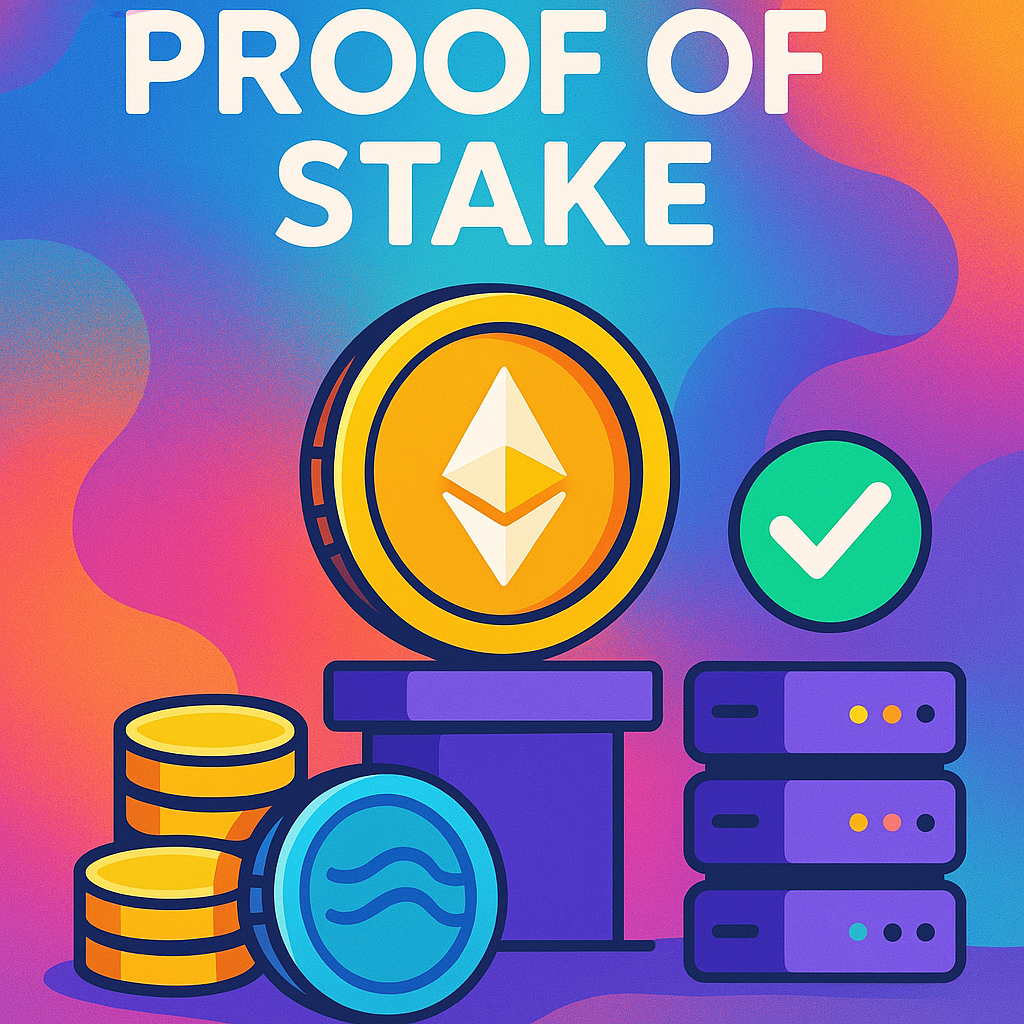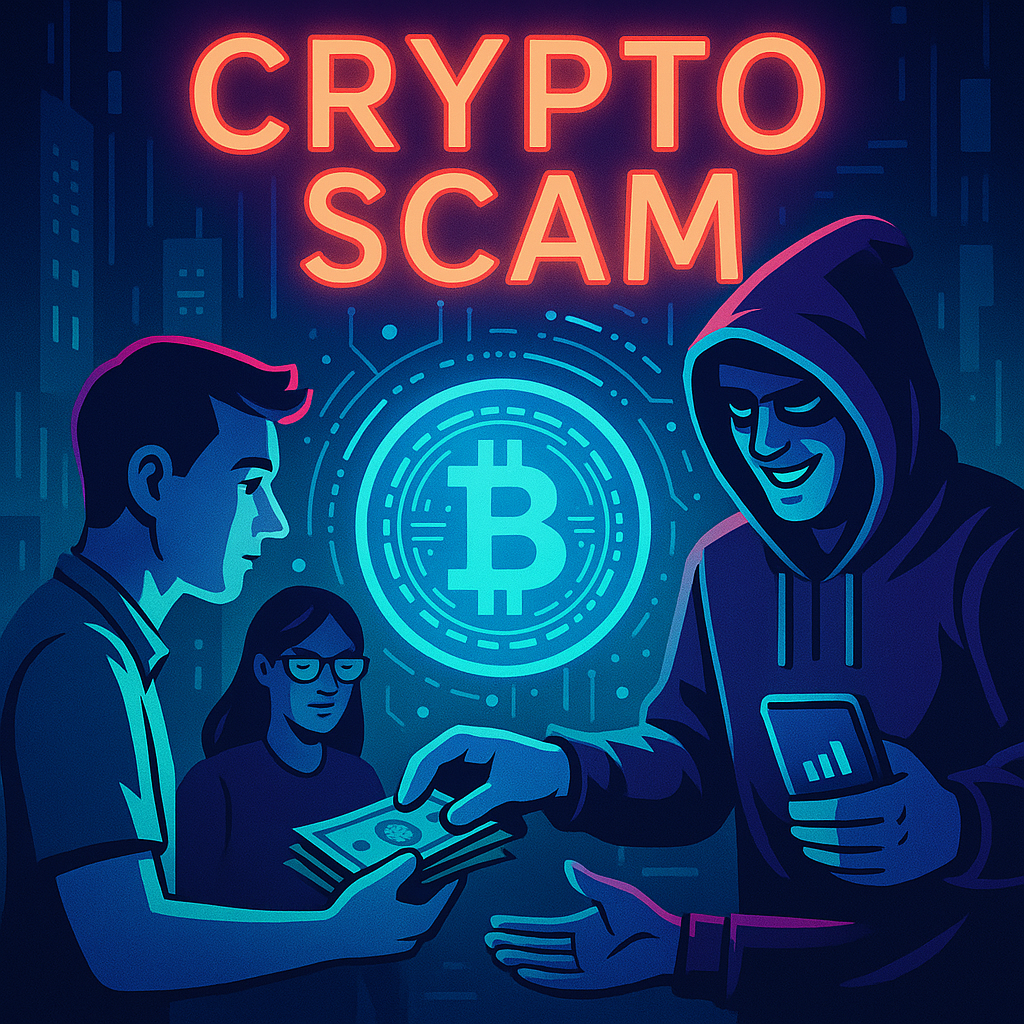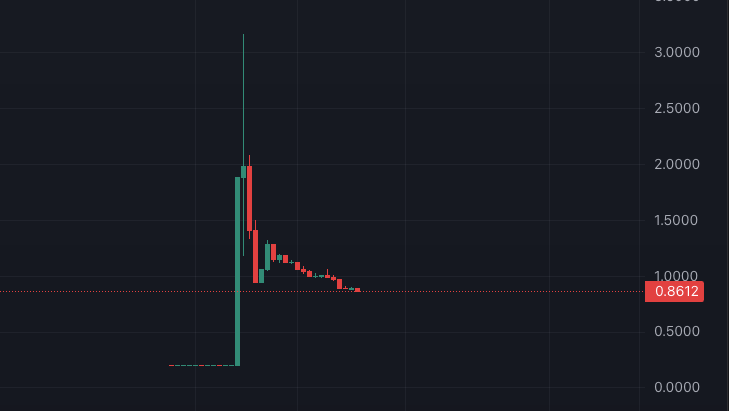
A detailed look at crypto romance scams: how they work, the role of dating apps and social media, and how to protect yourself.
Cryptocurrency has opened the door to new financial possibilities by creating opportunities for both investment and innovation. But like any new frontier, it has its dark and disgusting corners. One of the latest threats that has emerged is the crypto romance scam. Romance scams are nothing new but scammers are adapting their tactics to exploit this emerging space. If you’ve spent any time in crypto, whether through investment, trading, or simply exploring the space, you’ve probably heard of these scams, but what exactly are they, and how can you avoid becoming a victim?
Romance scams prey on emotions. They thrive on the human desire for connection, love, and trust. It’s the emotional manipulation that makes them work so well. And the addition of cryptocurrency into the equation? Well, that’s just the cherry on top for romance scammers.
The Anatomy of a Romance Scam
At the heart of a romance scam is, unsurprisingly, a fake relationship. The scammer usually reaches out through social media platforms, dating apps, or even in crypto-related forums. They might appear as an “expert” or “enthusiast” in the crypto space. It doesn’t matter what the platform is because you can find them everywhere. What matters is that they’re creating a bond, slowly and steadily. They move slow enough to seem genuine and safe.
They’ll start with various flattering messages, pretending to be genuinely interested in you. This could go on for weeks or even months. Over time, the the scammer constructs a very believable persona. They might claim to be a successful businessman in the crypto space, a tech enthusiast, a celebrity, or even a military officer stationed overseas. Their story will tug at your heartstrings, and their interest in you will feel personal, real.
But what’s happening beneath the surface though is much darker…
Once the scammer has gained your trust, they’ll start introducing the idea of investing. The pitch will seem harmless at first and might even sound like good advice. “I’ve had so much success with this particular coin,” they’ll say, or, “I know of a private, unlisted token that’s going to skyrocket.” The allure of cryptocurrency’s volatility is the big selling point here. Who wouldn’t want to get in on the next big thing, right?
Then, it doesn’t take long before they ask you to send them cryptocurrency or something similar. This is usually under the guise of helping with a transaction or buying into a some supposedly lucrative investment opportunity. This is where the scam becomes dangerous. The amount might start small, just a little test to see if you’ll take the bait. Once you do, though, the amounts escalate. And before you know it, you’ve sent hundreds, sometimes thousands of dollars worth of crypto to someone you’ve never met in person and probably never will.
The worst part? By the time you realize what’s happened, the scammer is gone. They vanish, taking your money with them, and the “relationship” dissolves into thin air, leaving you feeling betrayed, foolish, and vulnerable.
Why Romance Scams Are So Effective in Crypto
Crypto is perfect for these scams because it operates in a largely unregulated space. There’s also a certain level of anonymity that makes it easy for scammers to hide their true identities. Cryptocurrency transactions are irreversible. Your money is completely gone once it’s sent. Add in the allure of high returns and the complexity of crypto to the mix, and it’s easy to see why these scams have become so rampant.
For many people, the concept of crypto is still new and confusing. When scammers present themselves as experts in the space, it’s easy for some to be taken in by their promises. They exploit the same factors that make crypto appealing: decentralization, privacy, and the possibility of high gains. But it’s not just the scammers’ technical knowledge of crypto that makes them dangerous. It’s their understanding of human emotions. They know that people want to believe in something, in someone. They want to trust and be trusted. By leveraging these desires, they build a sense of connection that can feel almost real.
Spotting a Romance Scam in Crypto
The most important thing to remember is to always stay skeptical. Trust your instincts. Don’t let the promises of quick wealth cloud your judgment. If someone you’ve never met is suddenly telling you about an amazing investment opportunity, or if they start telling you to move money to a private wallet or platform, it’s a huge red flag.
Pay attention to the signs. If the person’s story feels inconsistent or their motivations don’t add up, that’s another warning signal. Are they asking for money under the guise of an urgent situation? Is there pressure to act quickly? Are they making promises of limited-time opportunities? This is classic for a scammer.
Also, look at their online presence. Does their profile seem too perfect? Are their social media accounts new or have few details? Scammers often create fake profiles with limited history to avoid being caught. A real person with a real background will have more than a few pictures and vague posts. Real connections have depth and scams are surface-level.
What to Do If You Suspect a Romance Scam
If you suspect that you’re involved in a romance scam in the crypto space, the first thing you should do is cut off all contact with this person immediately. Block them on all platforms, and stop any communication. The longer you stay in contact, the more they’ll manipulate you.
Next, report the scam. Many social media platforms, dating apps, and even crypto exchanges have channels for reporting fraud. While the chances of getting your money back are slim, reporting the scam may help prevent them from targeting someone else.
PSA and Life Advice for Online Dating
Here’s a simple rule to keep yourself safe from most romance scammers:
Block anyone who asks for money, whether it’s cash, crypto, investment advice, gift cards, or anything else that can be redeemed for cash. Don’t make exceptions, even if they’re sharing sob stories about financial problems and hoping you’ll volunteer to help. Even if you’ve planned your wedding and they need last minute money for a flight, DON’T DO IT.
Set your boundaries early. Let your potential online dating partners know your “no money” rule upfront. And if they cross that line? Block them without hesitation. Whether you’ve been chatting for two weeks or two months, a violation of trust is non-negotiable. And don’t get caught up in the endless ‘what ifs.’ There’s only “what if” you should be asking is ‘What if I lose all my money?’ Let that sink in for a moment. It’s not worth it, block them now.
If you want to sound nicer about it just tell them you’ve been scammed before and that you are just trying to stay safe. Most scammers are hunting for easy targets. When they see you’re not falling for their tricks, they’ll likely move on quickly. Protect your time, your money, and your peace of mind.
How to Get Your Crypto Back From a Scammer?
I hate to be the bearer of bad news but you can’t. Transactions can’t be reversed. If you’ve already sent the crypto in a romance scam, contact the exchange as soon as possible. In some cases, they might be able to track the funds or at least flag the wallet as suspicious.
Romance Scammer Red Flags
You might be dealing with a romance scammer if the person you’re communicating with online displays any of the following behaviors:
- Claims to live, work, or travel abroad.
- Uses poor grammar despite claiming to speak English fluently.
- Appears to be significantly younger than you.
- Quickly declares love or strong feelings for you.
- Shares inconsistent or contradictory stories.
- Has little to no online presence.
- Sends generic or fake-looking photos, often of luxury activities or exotic locations.
- Requests or shares explicit photos or videos.
- Talks about meeting soon but repeatedly cancels or offers excuses.
- Avoids video calls, or if a call happens, their face is unclear.
- Encourages moving the conversation to another platform like WhatsApp or Telegram.
- Asks for money in unconventional ways, such as through cryptocurrency or gift cards.
- Brings up investing in cryptocurrency or forex markets and shares links to supposed trading platforms.
- Becomes defensive or tries to change the subject if you question their motives.
The above list comes directly from the government. If you have a family member that is being scammed and they don’t believe you, show them what Homeland Security has to say about it.
S Taylor is a crypto trader with five years of experience, having navigated a wide range of market dynamics and witnessed numerous scams firsthand. As a former victim of scams, S Taylor turned their focus to blockchain forensics and Solidity Smart Contract development, gaining deep technical expertise in the field. With a unique insider’s perspective, they’ve been involved in various crypto projects, where they’ve seen how developers can exploit vulnerable investors.
S Taylor is also the published author of Meme Coins Made Easy, a comprehensive guide that teaches beginners about cryptocurrency and how to identify and avoid common scams. S Taylor is dedicated to sharing valuable insights and helping the crypto community stay informed and safe.
Disclaimer: This article is for informational purposes only and should not be considered legal, tax, investment, or financial advice.






